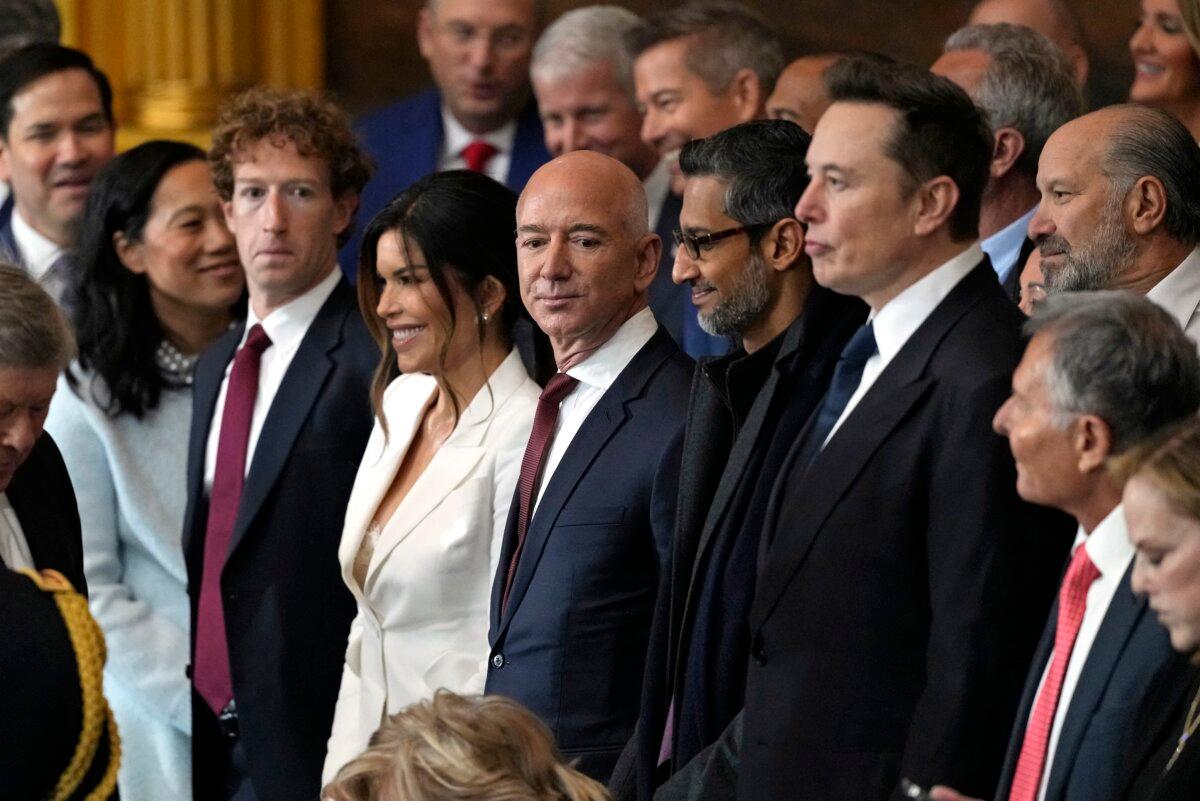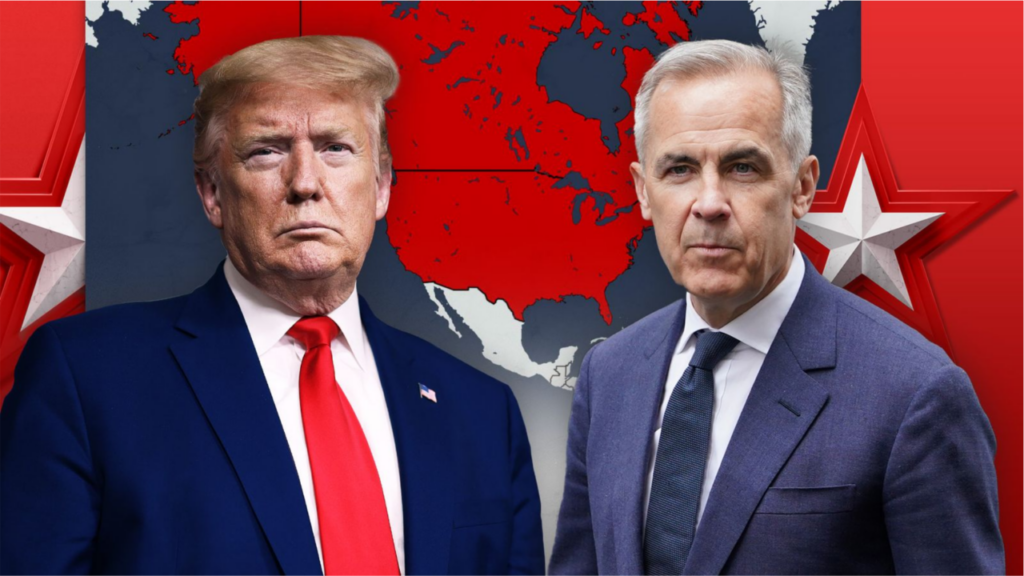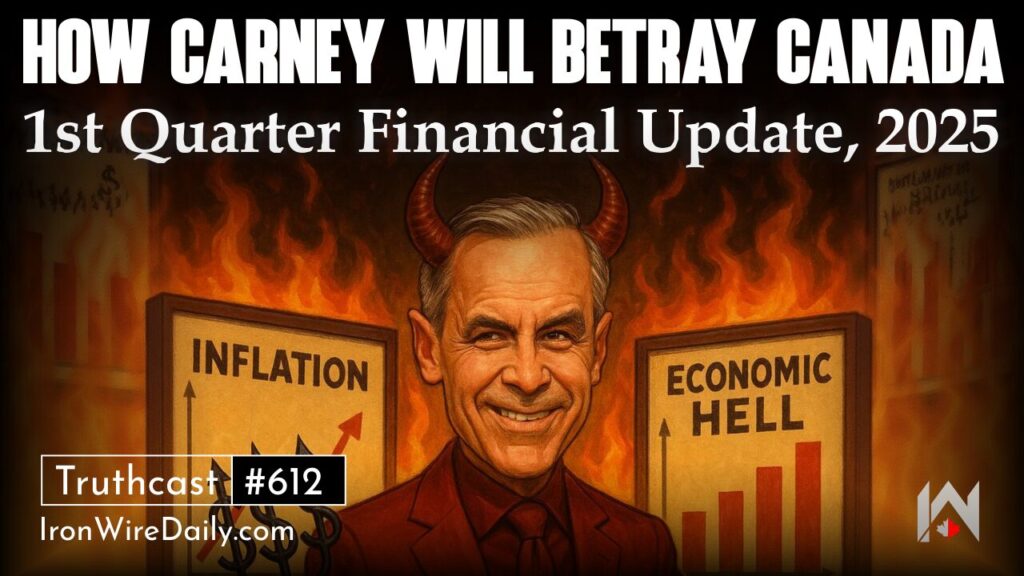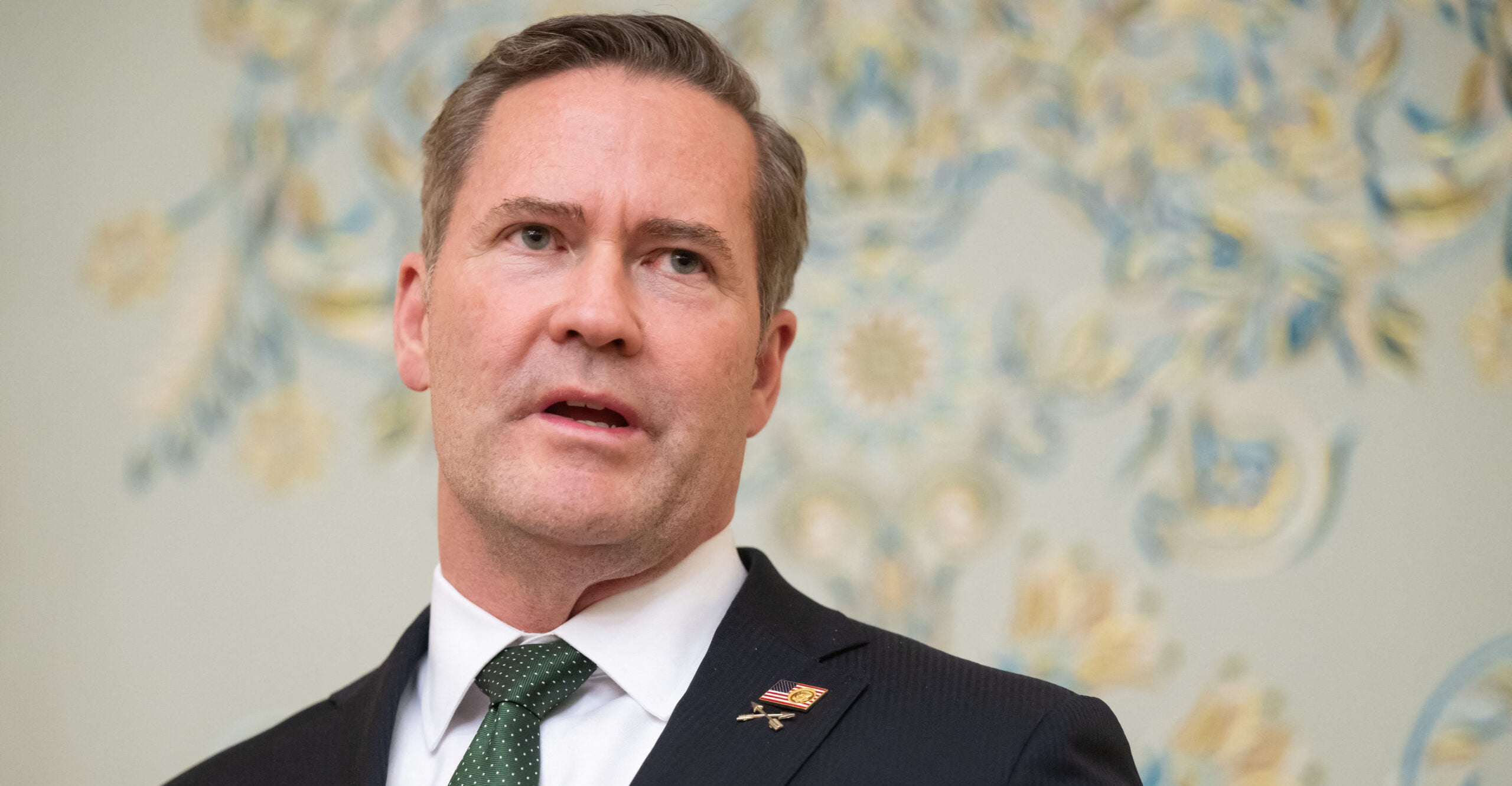Australia Largely Spared From Tariff Scrutiny, But US Flags Concern With Media Code, Pharma Rules, Beef
Australia may be spared the worst of President Donald Trump’s tariff measures—due to come into effect on April 2—if the U.S. Trade Representative’s (USTR) 2025 Report on Foreign Barriers is any guide.
The 397-page report lists the policies implemented by other countries that “distort or undermine fair competition.”
While it found countries such as Canada and China had erected multiple barriers to U.S. imports, direct investment and e-commerce, the only concerns expressed about Australia was the News Media Bargaining Code—which forces social media companies to pay news outlets for content—and intellectual property protections for pharmaceuticals.
It notes that the two countries have a Free Trade Agreement (FTA), signed in 2005, which provides duty-free access for all American imports.
There are also some small concerns over primary produce.
Australia won’t accept U.S. imports of beef, pork, cooked poultry, and pears due to various disease concerns, but in each case, the report says, these are under negotiation.
In 2003, Australia closed its market to U.S. fresh beef and beef products after the detection of bovine spongiform encephalopathy (BSE).
Concerns about porcine reproductive and respiratory syndrome (PRRS) and post-weaning multi-systemic wasting syndrome (PMWS) also prevented imports of fresh pork and pork products despite America having “provided Australia with scientific evidence demonstrating the safety of U.S. pork products.”
USTR Concerns
Concerning the News Media Bargaining Code, it notes the Australian government’s intention to introduce a financial penalty for platforms that don’t reach or renew commercial agreements and says only that, “The United States continues to monitor this issue.”
The code forces social media giants to pay media outlets for news content.

Tech companies, many of whose owners are now supporters of, and close to Trump, have complained that this has resulted in them having to pay $140 million each year to Australian news businesses.
Similarly, it suggests no movement from Australia on addressing delays in notifying pharmaceutical companies when a third party applies to sell a product covered by their patent. This is despite Australia’s FTA obligation to “prevent persons other than the patent owner from marketing a patented product.”
“The United States has also raised concerns about certain provisions in Australian law regarding potential civil damages in cases where a patent owner seeks a preliminary injunction,” it said.
Again, the USTR “will continue to monitor these issues.”
Major Criticisms to Other Trading Partners
Those criticisms are mild when compared with what is levelled at other U.S. trading partners. Canada, for instance.
Noting that the United States–Mexico–Canada Agreement (USMCA) came into force in July 2020, the report notes a number of disputes over agricultural products and alcohol have occurred since then that are “inconsistent with Canada’s commitment.”
“The United States remains committed to securing the full benefit of the market access that Canada committed to under the USMCA and full compliance with Canada’s USMCA obligations,” it says.

Even Canada’s use of French is cited as an issue, with a law passed in Quebec intended to strengthen the use of that language in the province alarming U.S. exporters, who will now have to review their non-French language trademarks on their packaging and translate into French any part of their trademark that contains a “generic term” or a “description of the product.”
But among America’s largest trading partners, China comes in for the worst criticism for its “state-led, non-market trade regime.”
Beijing’s “Strong Manufacturing Nation Strategy,” targeting 10 strategic sectors, represents an “unfair and anticompetitive approach to indigenous innovation,” the report says.
The strategy’s aim is to replace foreign tech, products, and services in China with Chinese alternatives, helping local firms dominate first at home, and then using that as a springboard to dominate globally.
“It is also likely to do long-lasting damage to U.S. interests, as well as the interests of the United States’ allies and partners, as China-backed companies increase their market share at the expense of foreign companies operating in these sectors,” it says.
China’s lax protection of foreign-owned intellectual property and trademarks also comes in for criticism, as does its online piracy and manufacture of counterfeit goods.
The fact that Australia escapes relatively lightly in the report has renewed hopes in Canberra that Australia may escape the worst of Trump’s reciprocal tariffs.















